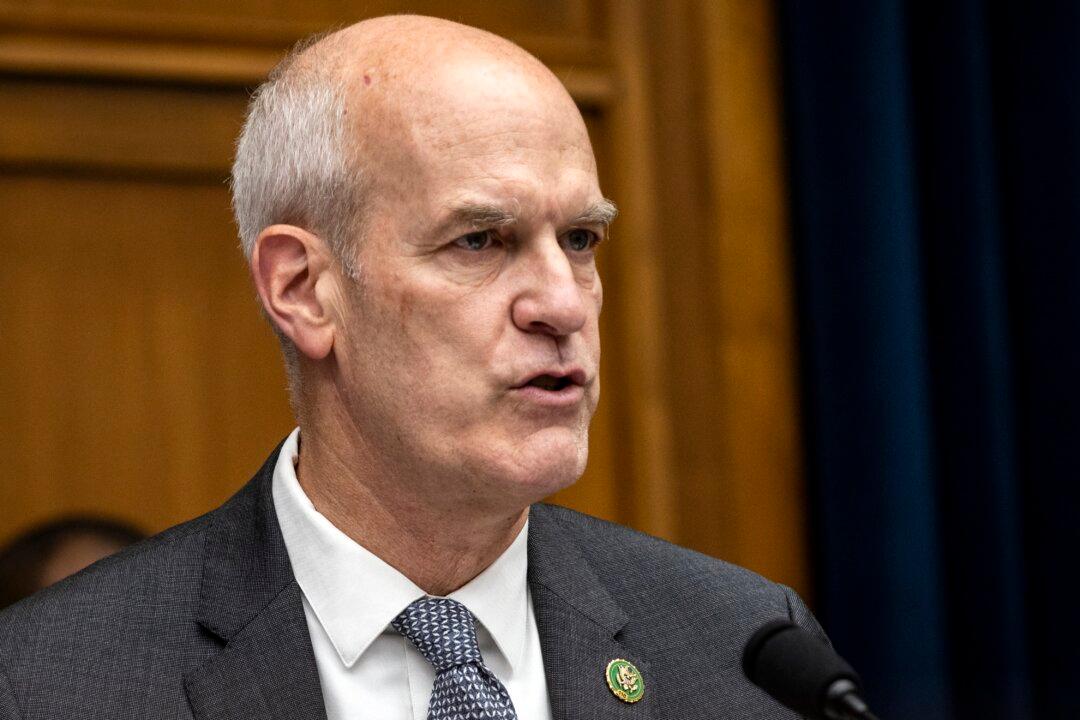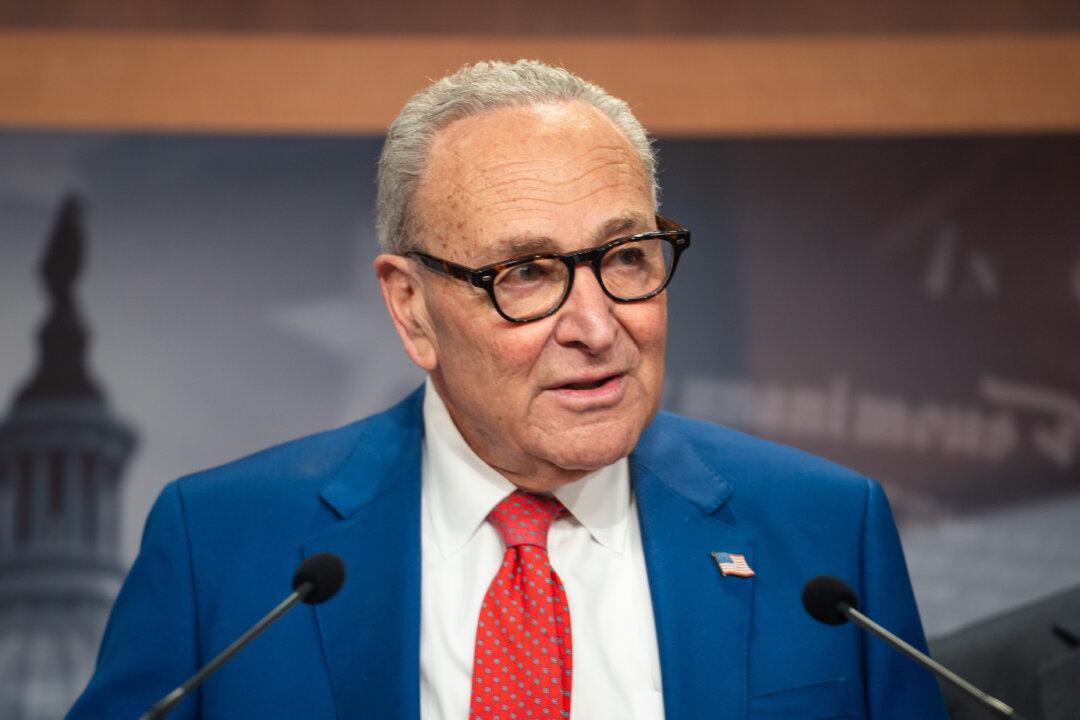A group of House Democrats has moved to force a vote on a resolution to block President Donald Trump’s global reciprocal tariffs.
Reps. Gregory Meeks (D-N.Y.), Rick Larsen (D-Wash.), and Richard Neal (D-Mass.) on April 8 introduced the measure, which would nullify the emergency authority Trump cited to enact the tariffs.





